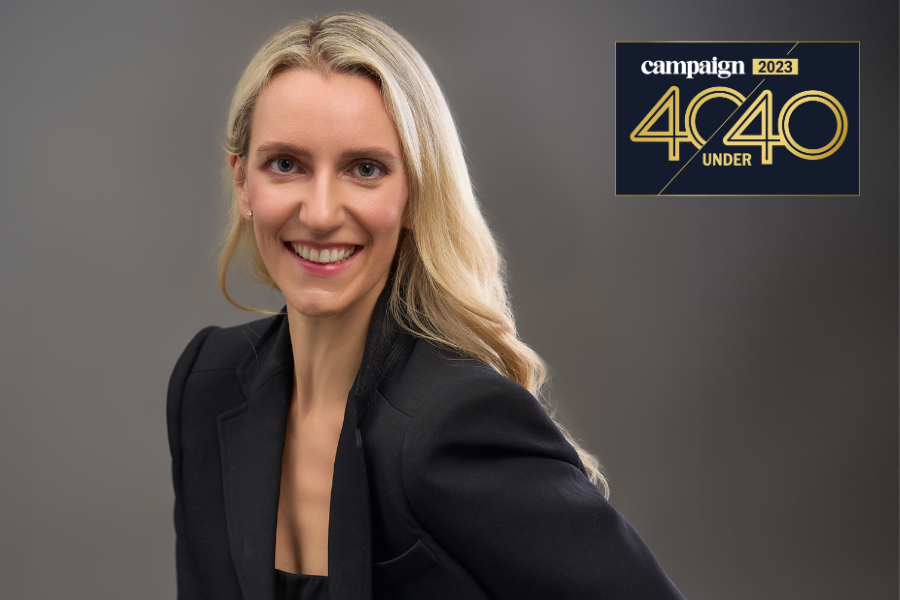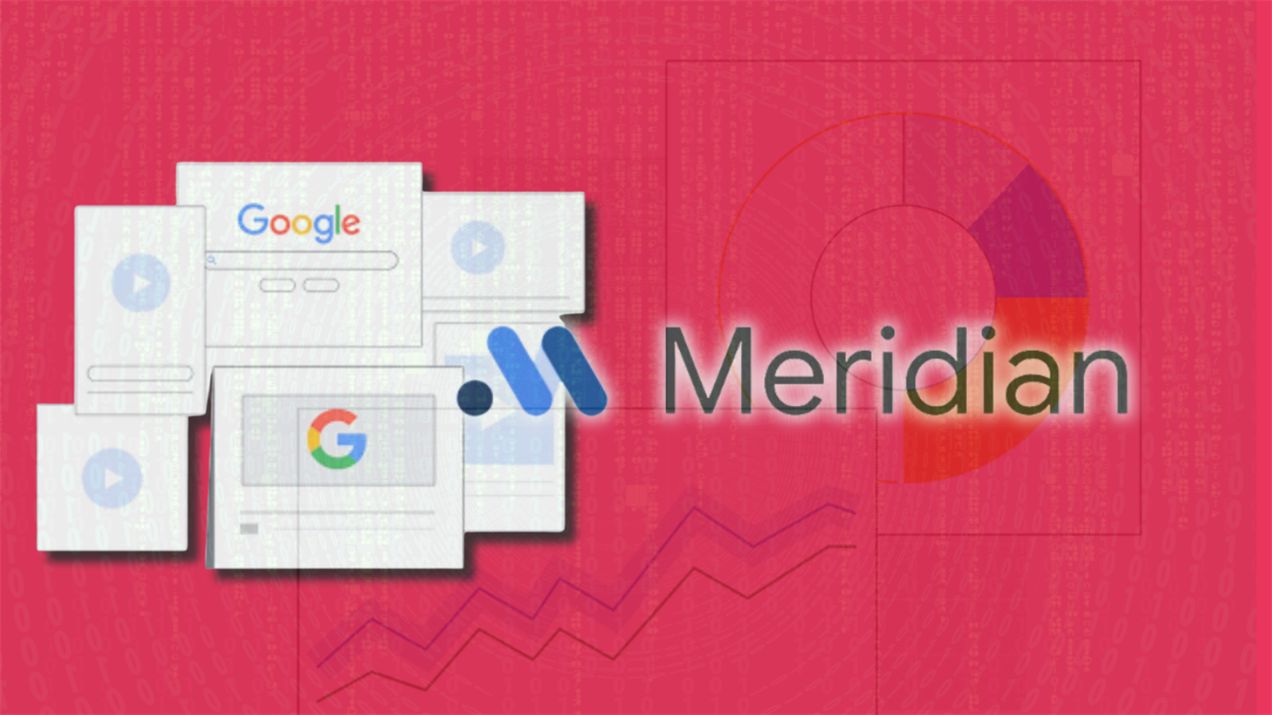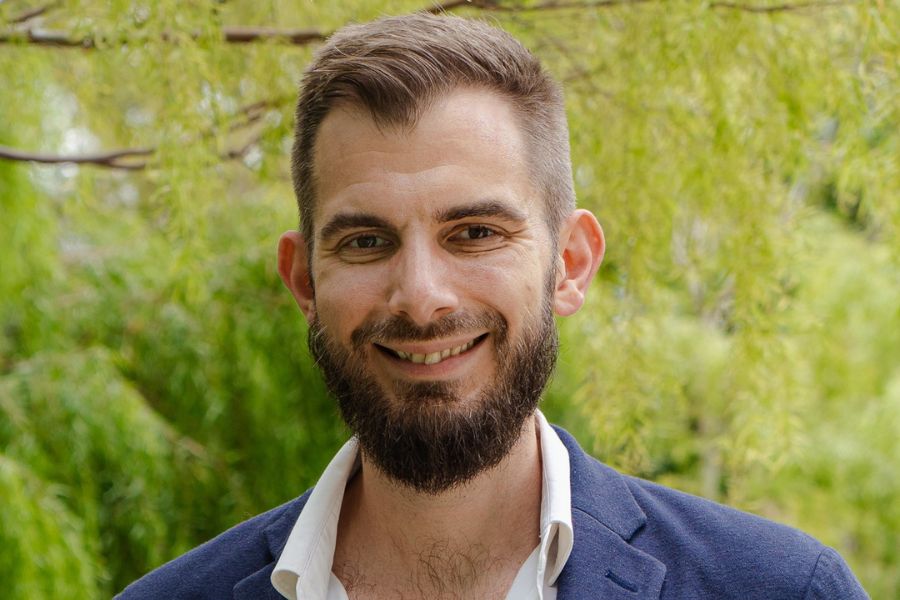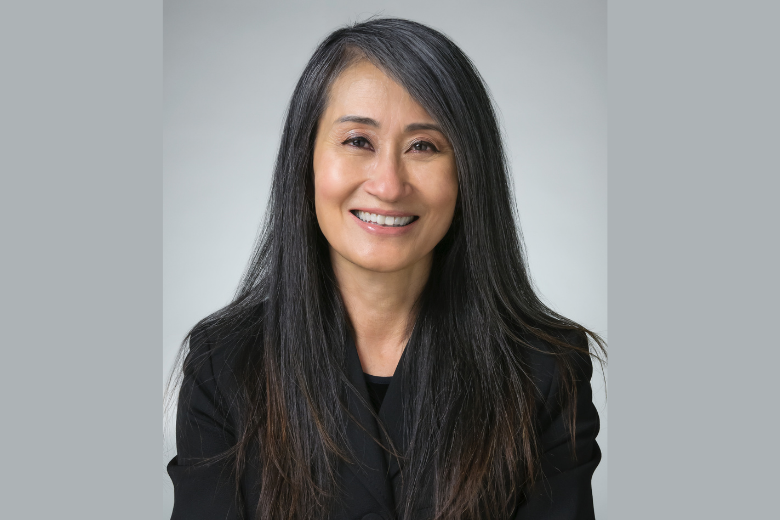Bain Capital’s 152 billion yen (US$1.35 billion) bid for ADK, which it launched on 3 October, came as a surprise to many given the multiple challenges facing the global advertising industry. But it could have bigger implications than are initially apparent.
To begin with, Bain’s recent activity, which has seen it invest in more than 10 Japanese companies including Toshiba’s chip unit, signals familiarity with and optimism towards the market. The move by a private equity company on a major advertising agency group is unprecedented in Japan, but ADK is a company in need of transformation, and its 20-year relationship with WPP appears to have severely restricted its movements.
WPP is ADK’s largest shareholder, with a 25 percent stake, while ADK owns 2.4 percent of WPP, which it now plans to sell. ADK said in a statement that the partnership has failed to meet long-term expectations. While it “yielded positive results in the early years”, times have changed, and WPP’s presence has “not materially contributed to the profits of the business”, ADK said. The need to constantly answer to shareholders, combined with vastly different management styles, has apparently hampered ADK in its efforts to grow as a global business.
| See all our coverage of the ADK-WPP fight over Bain's bid |
Observers have noted that the deal has been less than fruitful for WPP too, which is still a small player in the Japanese market relative to Dentsu and Hakuhodo. Nonetheless, WPP is contesting Bain’s offer. While ADK supports it, WPP reportedly sees the proposed 3,660 yen share price as undervaluing the company. So does Silchester International Investors, ADK’s second-largest shareholder with 17.3 percent.
There is still a chance that the deal falls flat. Indeed, Silchester notes in a statement issued on 4 October that ADK may have failed to honour shareholder agreements in its pursuit of a deal with Bain, and points to “a significant risk of litigation if ADK and WPP successfully dissolve their 20-year partnership”.
Assuming Bain’s bid goes through, however, it could signal big changes. To be sure, there are further implications for WPP. In a report dated 2 October, Oliver Matthew, a Tokyo-based media analyst at CLSA, said the deal would be a “headache” for WPP given that all its agencies in Japan rely on ADK’s licence to buy media. How bad the headache will be is not clear, since ADK’s president and CEO Shinichi Ueno told Nikkei he does not intend to “turn against” WPP and would still look to do business with the company on occasion.
At the same time, in the best-case scenario for ADK, the company could become a much stronger competitor to WPP internationally and to Dentsu and Hakuhodo at home. Privatisation should mean the freedom to make investments and forge partnerships, especially overseas, that have so far been impossible.
Matthew also called the tender offer a “real media shakeup for Japan”. In particular, he points out that Bain owns 30 percent of Macromill, a Japanese marketing research company. He sees the potential for synergies between Macromill and ADK to create a new kind of agency model offering more transparency and ROI measurement.
“This is what advertisers want, but the Big Three [Dentsu, Hakuhodo and ADK] have lagged their global peers on this aspect of analysis…probably given the cosy nature of the market and reliance on TV for profits,” he said.
“This deal could be very positive for consumer-goods companies as it could drive Dentsu and Hakuhodo to raise their games in providing proper ROI, leading to better advertising.”
Critical to creating a new kind of agency will be the vision of both Bain and ADK. So far, ADK has spoken only of a desire to become a “digital-first” company. It is not clear what that means, and ADK executives were not available to comment for this article. But Barry Lustig, managing partner of the consultancy Cormorant Group, says simply proliferating the existing digital agency model would be “a breathtaking failure of imagination”.
A more productive path for ADK could be a decentralised, collaborative model that doesn’t focus on advertising but is more content, data and product-oriented, he suggested. ADK is already a player in the anime content business. As well as pursuing original content production, the company could also invest in partnerships with companies outside advertising, as Dentsu has done with Rakuten and Spotify, for example. These could range from Indian data companies to Japanese technology startups.
If ADK does diversify, it will be important for the company not to lose sight of the core value it can offer that sets it apart from competitors. “It is imperative to really understand what their own strengths are, play to them and minimise or cut their weaknesses,” said Rei Inamoto, founding partner of Inamoto & Co, who was previously at WPP-owned AKQA. “Too many companies are trying to be what they’re not.”
As Matthew notes, even if the deal proceeds, any meaningful changes to ADK and the industry will take time. Reforming such a large company will be a challenge that not everyone is likely to jump on board with. But ADK has the advantage of a large number of major clients at home, and essentially a clean slate overseas. If successful, Bain’s move could prompt more agencies to question the value of alignment with traditional agency holding companies.
“Holding companies do have the scale and the network that independent agencies often can’t provide,” Inamoto said. But he added that media fragmentation and ubiquitous connectivity mean “the advantage as measured by the number of people and offices you have is becoming less relevant”.









